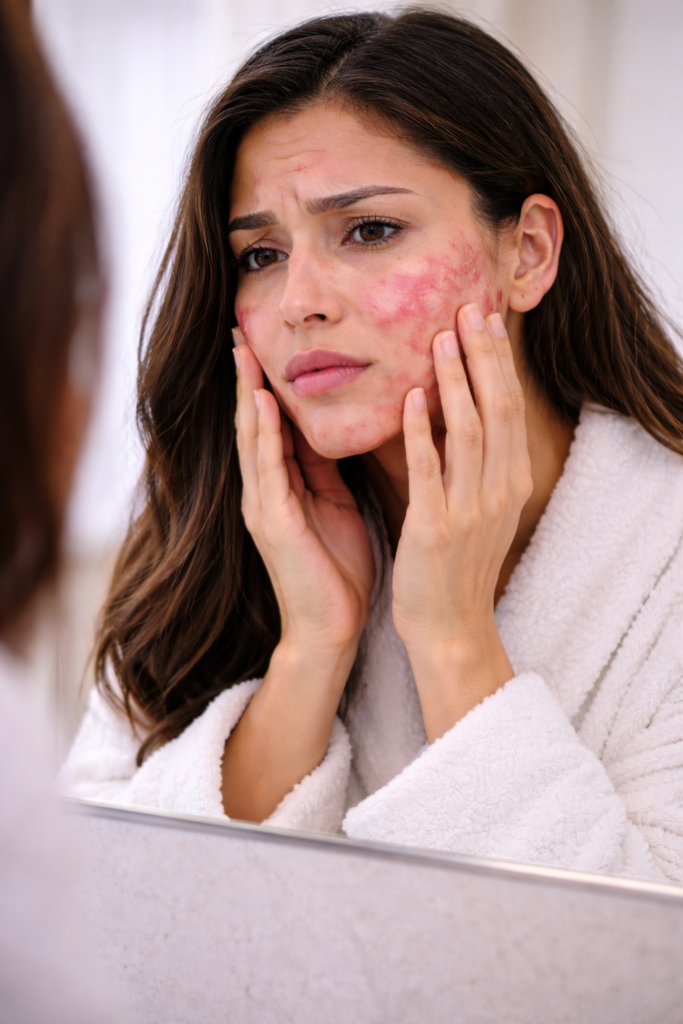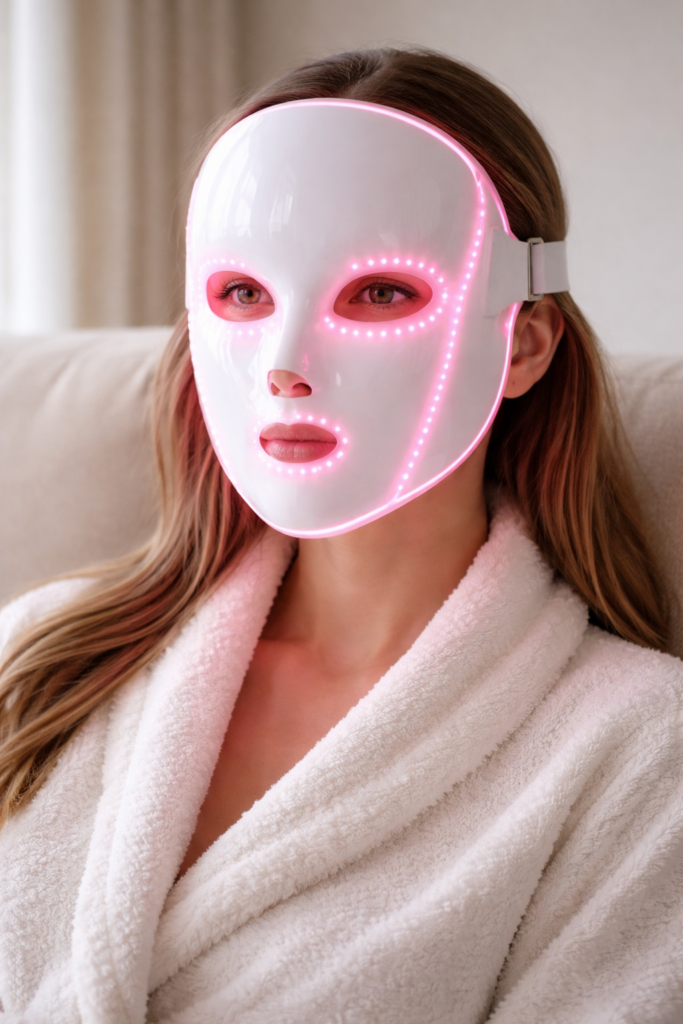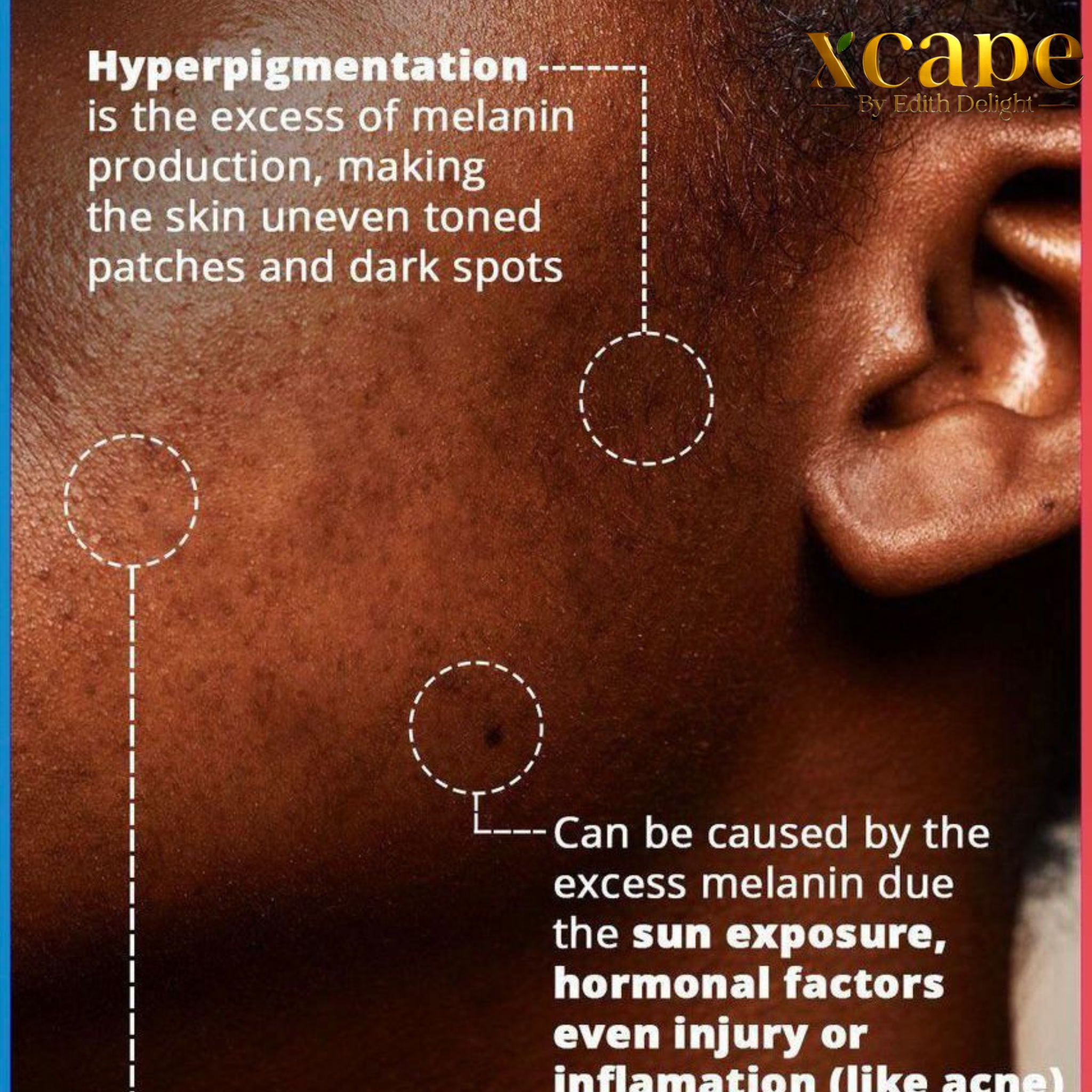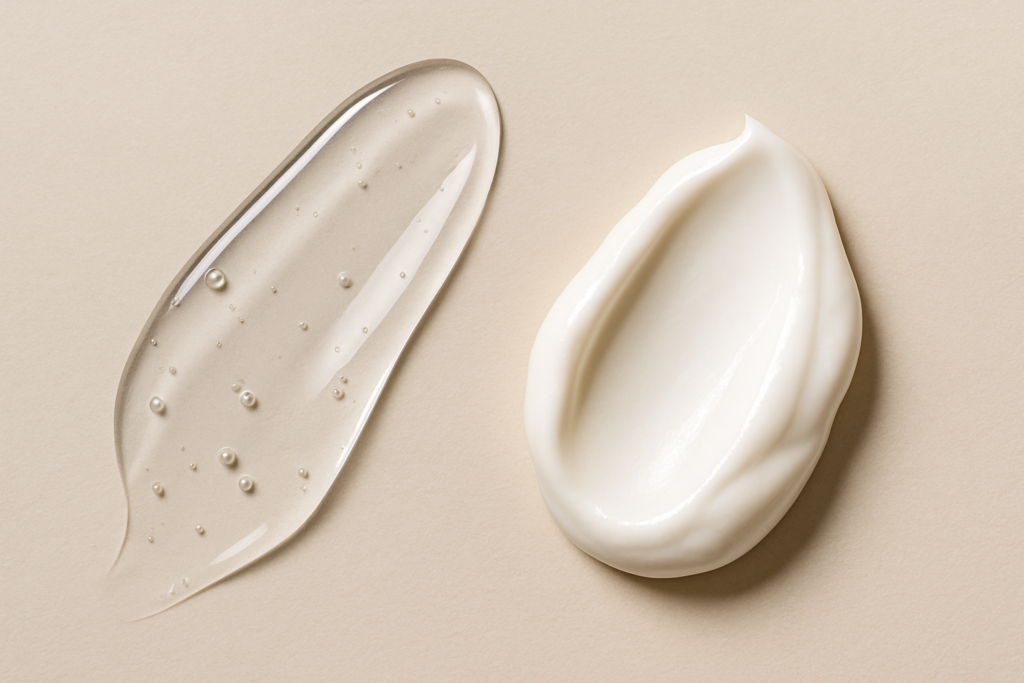written by Allison Goins, Ph.D. | published on February 8th, 2025 at 6:00 am
Ever wonder why your skin seems to age faster when you’re constantly in the sun or exposed to pollution? The culprit: free radicals. These tiny, unstable molecules wreak havoc on your skin. They are responsible for accelerating aging, causing pigmentation issues, and even contributing to skin diseases. But don’t worry—science has answers. Let’s break down how the relationship between free radicals and skin, what the research says, and how to protect yourself with the right skincare ingredients.
Understanding the relationship between free radicals and skin health is crucial for protecting against premature aging.
Free radicals are like tiny, unstable troublemakers. They’re molecules with missing pieces called electrons. Because they are missing these pieces, they are always looking for other molecules to take from. This creates a chain reaction, kind of like dominoes falling, where one molecule steals an electron from another, and then that molecule tries to steal one from something else, and it just keeps happening.

This electron-stealing spree is called oxidative stress, and it’s not good for your skin. It can damage important things like collagen and elastin, which keep your skin firm and stretchy. It can even hurt your DNA, which is like the instruction manual for your cells.
Related Post: How to Regain Elasticity in Skin: An Important Step in Anti-Aging Skincare
Your body makes some free radicals naturally, but things in the environment can cause your body to make way more. These bad guys include UV rays from the sun, infrared light, and pollution. Scientists think that just being out in the sun can cause up to 80% of external skin aging.
Free radicals and skin aging are linked; these troublemaker molecules can cause wrinkles and other signs of getting older prematurely.
Your skin does have some natural defenses against free radicals. These natural defenses are called antioxidants. Antioxidants like vitamins E, C, and A all help protect your skin from free radicals. Melanin is another one of your body’s natural defenses against antioxidants.
Related Post: Antioxidants in Skincare, What Are They and What Do They Do?

Free radicals and skin don’t get along! When free radicals overwhelm the skin’s natural defenses, they trigger oxidative stress, and they can cause lots of problems:
Wrinkles & Fine Lines: Free radicals are like tiny bullies that break down collagen and elastin. These are the things that make your skin firm and stretchy. When they get damaged, you get wrinkles and fine lines.
Pigmentation Issues: Sometimes, free radicals make your skin produce too much melanin. Melanin is what gives your skin its color. Too much melanin in one spot can cause dark spots and make your skin tone uneven. So, free radicals and skin tone can be connected.
Inflammation & Sensitivity: Free radicals can also cause inflammation, which is when your skin gets red and irritated. This can make skin problems like acne, eczema, and rosacea even worse. Free radicals and skin sensitivity definitely go together.
Increased Skin Cancer Risk: Lastly, free radicals can damage your DNA, which is like the instruction manual for your cells. This damage can sometimes lead to skin cancer. So, protecting your skin from free radicals is really important for healthy skin.
However, not all free radicals are bad for your skin.
Some free radicals act as signaling molecules, helping skin adapt to stress and repair itself. But when their levels become too high—thanks to excessive sun exposure, pollution, or poor lifestyle habits—the damage outweighs the benefits.

Protecting Your Skin from Free Radicals: What You Need to Know About Free Radicals and Skin
Now that we know free radicals are unavoidable, how can we fight back? The answer: antioxidants and protective skincare.
Sunscreen: Your First Line of Defense
UV radiation is one of the biggest culprits behind free radical formation. A broad-spectrum sunscreen (SPF 30 or higher) helps block UVB and UVA rays, reducing free radical damage. However, research shows that sunscreen alone isn’t always enough—it doesn’t fully protect against UVA-induced free radicals. That’s where antioxidants come in.
Antioxidants: The Ultimate Free Radical Fighters
Antioxidants neutralize free radicals by donating an electron, stopping oxidative stress before it can damage skin cells. Some of the best antioxidant ingredients in skincare include:
- Vitamin C: A powerhouse antioxidant that brightens skin, evens tone, and stimulates collagen production. It also enhances sunscreen effectiveness.
- Vitamin E: Works alongside vitamin C to protect against UV damage while hydrating the skin.
- Carotenoids (Beta-Carotene, Lycopene): Found in certain skincare products, these antioxidants interact with free radicals to reduce oxidative stress.
- Niacinamide (Vitamin B3): Helps reduce inflammation and strengthens the skin barrier against environmental stressors.
Do Skincare Products with Antioxidants Really Work?

Many skincare brands claim their products “neutralize free radicals” or “reverse skin aging.” But do they?
The science supports the use of topical antioxidants, but not all antioxidant products are created equal. To be effective, they must be:
✔ Stable: Antioxidants like vitamin C can degrade quickly when exposed to light and air. Look for serums in opaque, airtight packaging.
✔ Properly Formulated: The right pH and ingredient combinations (like vitamin C + vitamin E + ferulic acid) enhance stability and effectiveness.
✔ Used Consistently: Antioxidants don’t work overnight—daily application is key.
Ultimately, understanding the harmful effects of free radicals and skin health is crucial for maintaining a youthful and vibrant complexion
Free radicals play a major role in skin aging and damage, but you don’t have to surrender to them. A solid skincare routine—including sunscreen and antioxidants —can help minimize their effects. As research continues, skincare products will likely become even more effective at preventing and repairing oxidative stress.
So, next time you’re applying your vitamin C serum or sunscreen, know that you’re giving your skin the defense it needs against these tiny but powerful aggressors.
References
Darvin, M. E., & Lademann, J. (2010). Formation of free radicals in human skin during irradiation with infrared light. Journal of Investigative Dermatology, 130(7), 1831–1837.
Darvin, M. E., Lademann, J., Altmeyer, P., & Sterry, W. (2007). In vivo Raman spectroscopic analysis of the influence of IR radiation on the carotenoid antioxidant substances beta-carotene and lycopene in the human skin. Formation of free radicals. Free Radical Biology and Medicine, 43(4), 542–550.
Haywood, R. M., L., M., W., J., & D. (2003). Sunscreens inadequately protect against ultraviolet-A-induced free radicals in skin: Implications for skin aging and melanoma? Journal of Investigative Dermatology, 121(6), 1416–1422.
Jackson, M. J. (1999). Free radicals in skin and muscle: Damaging agents or signals for adaptation? European Journal of Dermatology, 9(1), 5–11.
Jurkiewicz, B. A., & Buettner, G. R. (1996). EPR detection of free radicals in UV-irradiated skin: Mouse versus human. Photochemistry and Photobiology, 64(6), 954–958.
Keshari, A., Kumar, A., Singh, P., & Gupta, R. (2016). Free radicals scavenging and protein protective property of Ocimum sanctum (L). Journal of Pharmacy Research, 10(6), 149–154.
Lademann, J., Darvin, M. E., Wiegrebe, W., Schlumpberger, M., & Sterry, W. (2011). Interaction between carotenoids and free radicals in human skin. Experimental Dermatology, 20(1), 78–80.
Nakai, Y., & Tsuruta, D. (2021). What are reactive oxygen species, free radicals, and oxidative stress in skin diseases? Journal of Dermatological Science, 100(1), 20–25.
Poljšak, B., & Dahmane, R. (2012). Free radicals and extrinsic skin aging. Dermatology Research and Practice, 2012, 135206.







